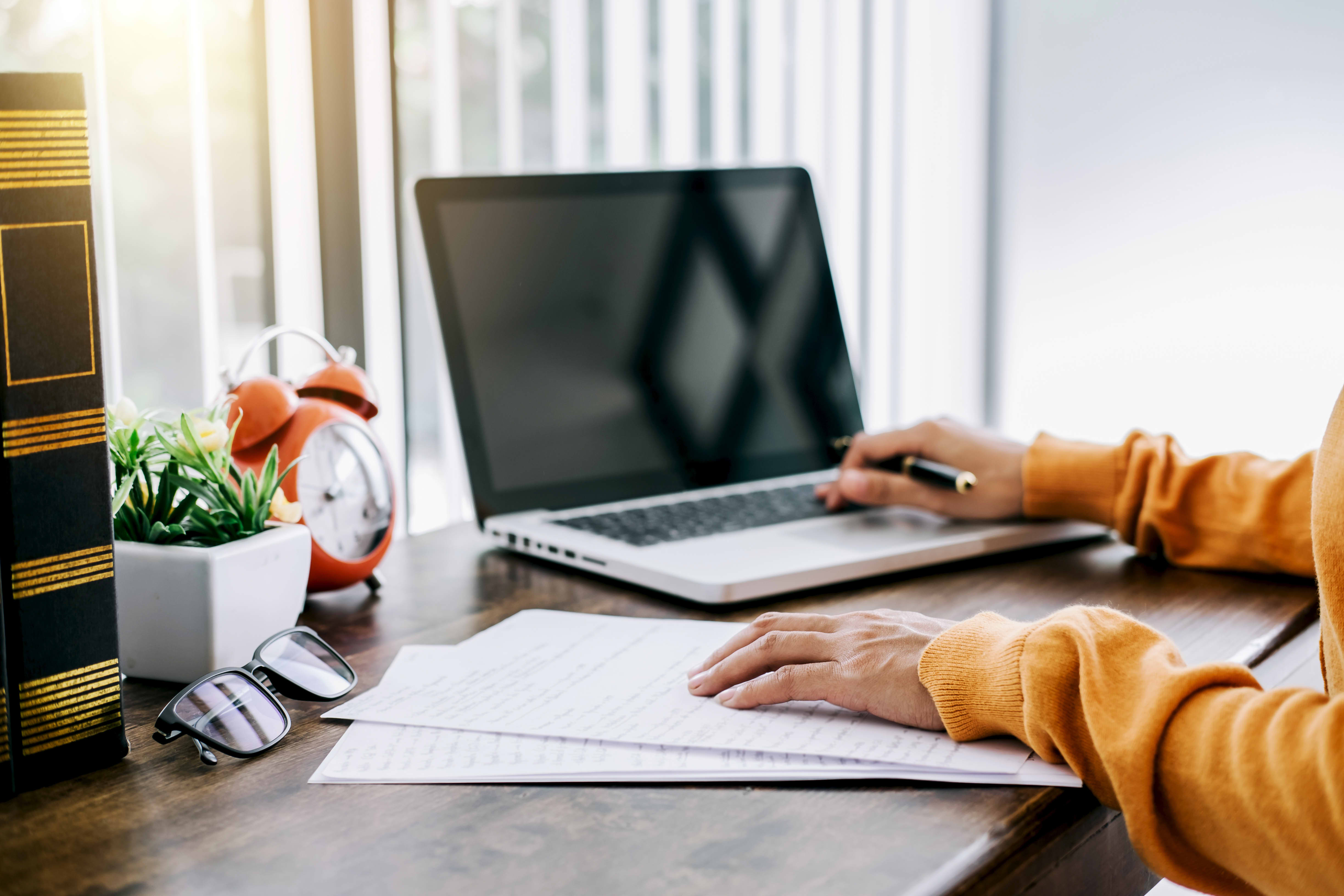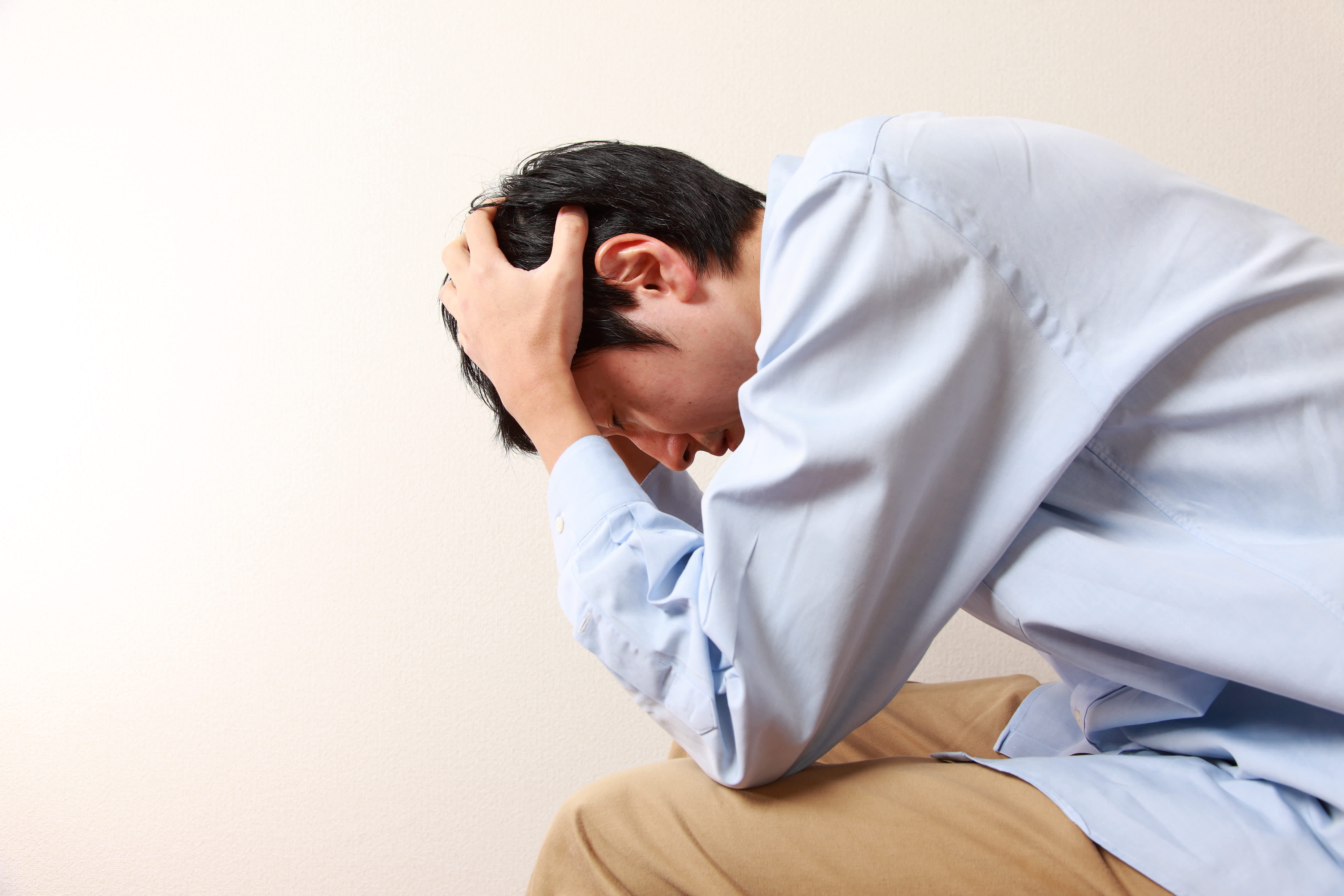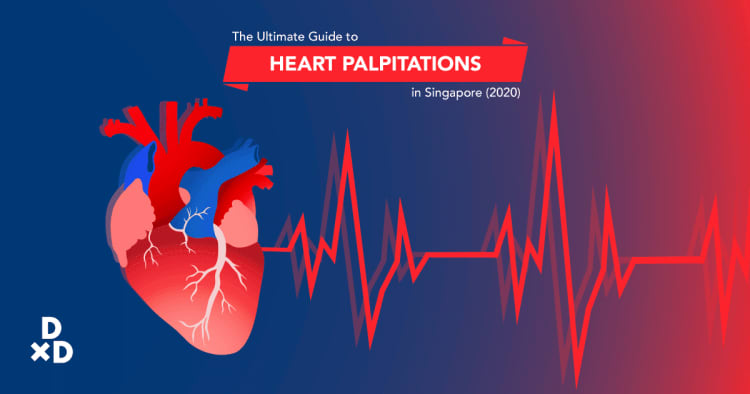The COVID-19 pandemic has led to drastic changes globally, jeopardising our physical health and mental health. Many countries are under lockdown and for countries that are not, many citizens are working from home or serving quarantine, if necessary. An analysis of the impact of quarantine on mental health that came out in March posits that it could increase anger, boredom, confusion, and some post-traumatic stress disorder symptoms in the long-term [1].
With more people being asked to work from home, many are overwhelmed while adjusting to a vastly different working style and lifestyle. How do we make an arrangement at home or at the workplace with minimal disturbance to our lives? How do we manage the anxiety and stress related to our health, the economy, and our future?
The COVID-19 pandemic has become so pervasive it has become part and parcel of our lives. The threat of this new norm is constantly evolving, and people can hardly catch up. Therefore, many guidelines and health advisory by the Ministry of Health are in place to support our decision making every day [2]. It is human nature to panic and over-prepare during a crisis with great uncertainty. However, we can exercise some strategies to achieve some sense of control and better mental health during this challenging period.
Find out about Coronavirus hotspots and learn which areas to avoid in Singapore!
Balancing daily news intake
The first boundary to draw would be the line between facts and speculations. We are overwhelmed by dramatic and emotional headlines on the news every day. It is crucial to seek information updates from credible and official sources only and preferably at limited times (e.g. once or twice) per day. Reading from a trusted source also ensure that you understand the situation correctly to minimise fear from speculations and “what-if thinking” [3].
Elsevier has a collection of links to official news from the World Health Organisation and individual country news sources, including Singapore’s [4] [5]. Be mindful of the temptation of binge-reading because too much negative news could influence your emotional and mental health. Draw the boundary and protect your virus-free reading time and social discussions.
Creating work boundaries at home

Secondly, if you are working from home, also called teleworking, it can be difficult to separate the working time from your personal time. Teleworking was found to be linked with more negative emotions such as higher stress, irritability, and loneliness [6]. It is paramount to at least create a ‘psychological boundary’ in spaces that contain both your work and your personal life. For example, set a clear timeframe for work and the rest of the day for yourself and your family. After the specific timeframe, refrain from engaging in work-related discussion or checking your work emails, if possible.
Apart from that, a physical boundary would help reinforce that psychological boundary. For example, designate a room or a corner of your home that is not used often as a work station at home. This physical space will help you stop working mentally at the end of the day. A bad example is working at your dining table. However, if that is the only viable place to work, you can exercise your creativity to create a separation such as using some stiff cardboard as a screen to separate your working material from home.
Protecting your usual routines
Lastly, the COVID-19 pandemic is a marathon and we should not be reacting as if it is a 100-meter sprint. Although it is causing severe anxiety in the community, it is important to remind one another that this is happening over the long run. Over-stretching or over-stressing ourselves only makes us vulnerable to burnout and mental breakdown.
Social support would be a great protective factor during this time, especially for those working at the frontline. While we are practising social distancing, let’s not forget many other ways to stay connected as a community. We can still show our concerns and love to one another through many ways such as making phone/video calls, being kind and helpful in the community.
In addition, make use of this time to catch up on your hobbies, focus on personal development, or develop a self-care routine. Panicking over the pandemic may give you a false sense of control but it would be more helpful to remind one another that life continues and would return to normal as the pandemic slows.
A reminder for people with a mental health disorder.

There is a fine line between normative stress reactive and a mental health disorder. If you are worried that the pandemic may have precipitated your mental health problem, never diagnose yourself. It is normal and reasonable to feel anxious and hypervigilant in light of the pandemic. However, you may feel that your anxiety is out of proportion and the measures you take seem excessive compared to how the majority is reacting, affecting your daily functioning. This is a good sign to seek professional advice from a psychologist or a psychiatrist.
If you or someone you know are suffering from a mental health disorder such as Depression, Anxiety, or Obsessive-Compulsive Disorder, the symptoms pertaining to disease, health and contamination may be aggravated during this period and become more challenging to cope with. If you need support, either as an individual or as a caregiver, there are plenty of psychological services available.
The Singapore Psychological Society has compiled a list of psychologists who have come forward to offer therapy at a reduced rate or a pro bono basis [7]. Some community services such as Fei Yue and Silver Ribbon are offering free counselling in the form of online chats to support people in need [8]. The Institute of Mental Health also has many resources for mental health support [9]. Remember that social support is key. Please keep yourself and loved ones informed and reach out for help if you feel you do not have the resources to tackle this issue.
Clinical Psychologist Ms Annelise Lai made major contributions to this post. Ms Lai holds a Master in Clinical Psychology degree from the National University of Singapore (NUS) and is trained by the University of Oxford in providing Enhanced Cognitive Behavioural Therapy (CBT-E) for individuals with Eating Disorders. Her _clinical experience also includes working with other common psychological conditions.
Dr Thomas Lee is a medical doctor by training. During his early years as a doctor, he worked in different hospitals and treated patients with various medical and surgical conditions. However, with a deep interest in the human mind, he eventually decided to pursue further training in psychiatry so as to help people suffering from psychological illnesses. He has also received training in the field of addiction medicine._
Resilienz provides professional mental health-related treatment and training. Their team is made up of experienced clinicians in the areas of mental health, psychology, and psychiatry.
Resilienz has a clinical arm specialising in professional assessment and intervention for a range of mental health conditions, including traumatic stress arising from critical incidents.
Their consultancy arm aimed at providing resilience and coping skills training for individuals and organisations .











